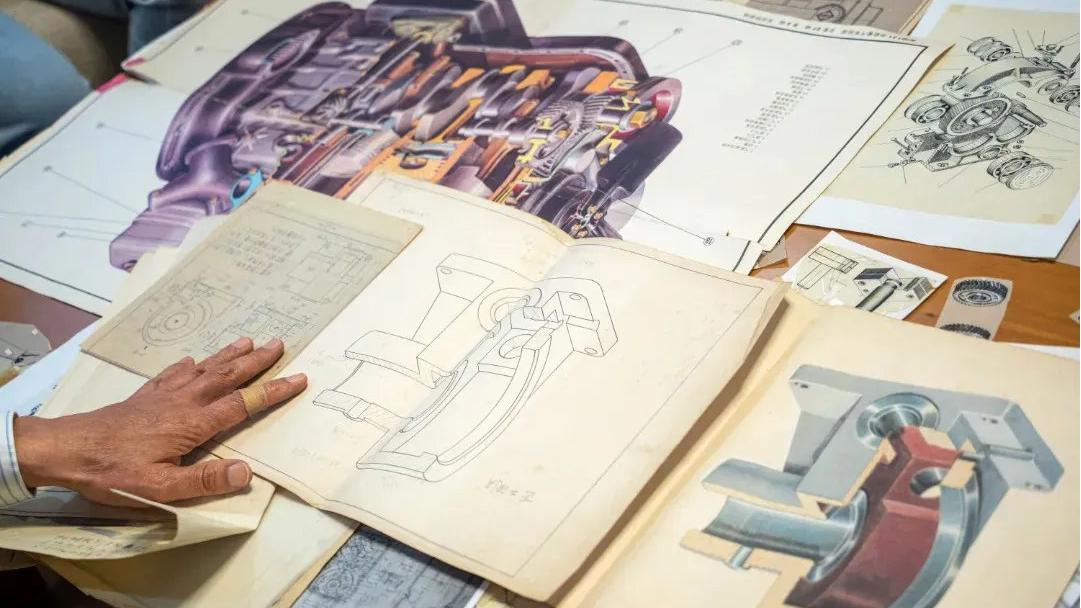Chinese-funded project for empowering African youth takes spotlight at Kenyan forum
NAIROBI, Dec. 11 (Xinhua) -- The China Funds-in-Trust Phase 3 (CFIT III) project, initiated by the Chinese government in partnership with the United Nations Educational, Scientific, and Cultural Organization (UNESCO), has played a transformative role in equipping African youth with market-relevant skills, delegates said Wednesday at a forum in the Kenyan capital of Nairobi.
Launched in 2019, the CFIT III project has been launched in six African countries to enhance the capacity of higher education institutions to provide local youth with technical and soft skills tailored to labor market demands. Its success was highlighted at the 2024 UNESCO Forum on Higher Education in Africa, co-organized by UNESCO, the African Union (AU), and the Kenyan government from Tuesday to Wednesday.
The forum brought together education ministers, diplomats, representatives of regional blocs, academia, industry leaders, and civil society to assess the project's impact across 12 higher education institutions in Cote d'Ivoire, Ethiopia, Gabon, Senegal, Tanzania, and Uganda. These efforts have helped students transition from academic institutions to the workforce.
Chinese Ambassador Level Representative to UNESCO Yang Xinyu emphasized education's pivotal role in Sino-African relations, adding that since its launch, the CFIT III project has enhanced the capacity of African tertiary institutions to address the growing need for skilled labor in critical economic sectors.
"We are encouraged by the early results of the CFIT III project. Over 24,000 beneficiaries across six African countries have already benefited from various initiatives, including curriculum enhancements, capacity-building workshops, gender equality initiatives, and industry partnerships," Yang said.
The Chinese government has provided up to 20 million U.S. dollars to support the project, aligning with the AU's Agenda 2063, which emphasizes skills development as a cornerstone of Africa's socio-economic transformation, said Yang.
Louise Haxthausen, director at the UNESCO Regional Office for Eastern Africa based in Nairobi, said the CFIT III project has showcased the power of collaboration to address the skills gap in Africa and spur inclusive growth.
According to Haxthausen, the project has aligned technical higher education with labor market demands, enhancing the employability of African youth and fostering university-industry partnerships, gender parity, and curriculum reforms.
Kora Tushune, Ethiopia's state minister of higher education, said that the project has accelerated higher education curriculum reforms, strengthened linkages between academia and industry, and promoted youth upskilling and employability.
Under the project, Ethiopian tertiary institutions are able to deliver courses that enhance the competencies of youth working in public service, manufacturing, health, and technology sectors, Tushune noted.
Borhene Chakroun, director of the policies and lifelong learning systems division at UNESCO headquarters in Paris, said that through CFIT III, Africa's tertiary institutions have proactively engaged companies to foster career guidance and mentorship aimed at preparing the youth for gainful employment.
"We have created a new mechanism for collaboration between universities and the labor market and also have young people at the universities who are creating their own start-ups," Chakroun said.
Photos
Related Stories
- China never absent in process of Africa's development: spokesperson
- Navies of China, Gulf of Guinea countries to discuss maritime security
- African countries applaud China's zero-tariff treatment for least developed countries
- Interview: China's green growth path offers insights for Africa, says expert
- FOCAC key to strengthening China-Africa ties: experts
Copyright © 2024 People's Daily Online. All Rights Reserved.









